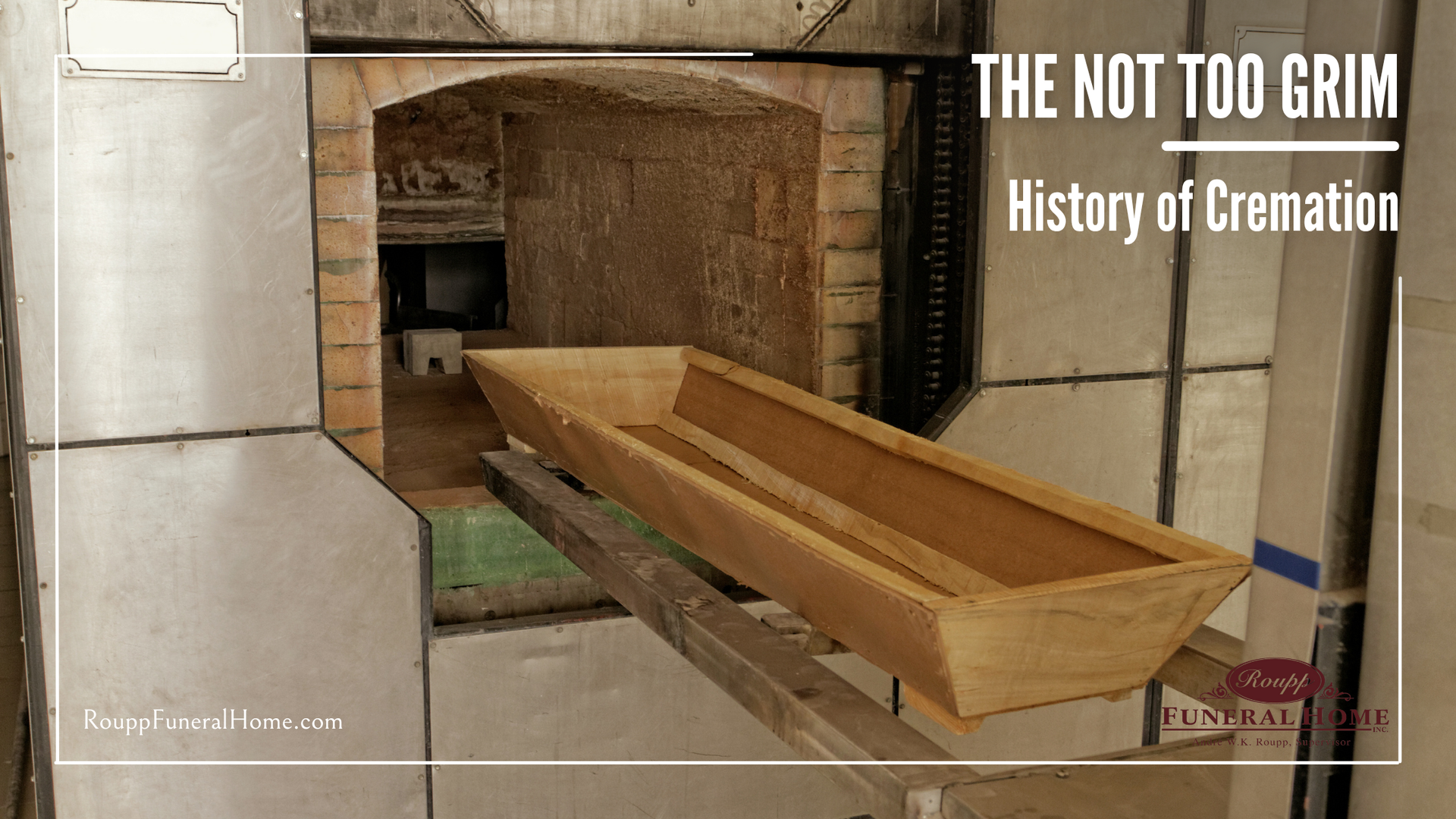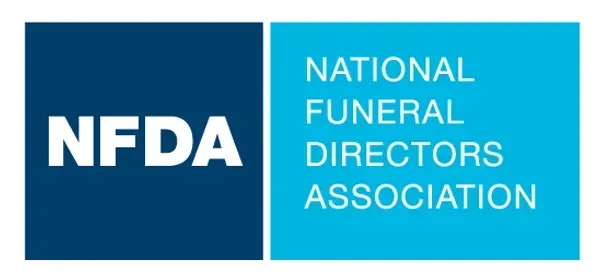Career in Mortuary Science: Requirements & Insights
Embarking on a career in the funeral industry is a calling that demands a unique blend of compassion, professionalism, and reverence for the deceased and their loved ones. For those drawn to this noble profession, the journey begins with a commitment to fulfilling the educational and licensure requirements essential for success. In this blog post, we'll explore what it takes to pursue a career in mortuary science and navigate the path toward becoming a licensed funeral professional.
Education:
One of the foundational steps toward a career in mortuary science is obtaining a comprehensive education in funeral service. Prospective funeral directors typically enroll in mortuary science programs offered by accredited institutions, such as colleges or technical schools. These programs cover a wide range of topics, including embalming techniques, funeral arrangements, grief counseling, and legal aspects of funeral service.
Students in mortuary science programs can expect to engage in both classroom instruction and hands-on training, gaining practical experience in funeral home operations, preparation of the deceased, and conducting funeral services. Additionally, many programs offer opportunities for apprenticeships while in school, providing invaluable real-world experience under the guidance of seasoned professionals. This is typically a 2-4 year education process, with some states requiring an associate's degree, and others a bachelor’s.
Recently, Roupp Funeral Home opened its doors to nursing students from Sun Tech, hosting a unique educational experience focused on death and dying. This collaboration between the funeral home and the nursing class provided insights into the intricate process leading up to a funeral, shedding light on the essential roles nurses and funeral directors play in honoring the departed.
From discussing the nuances of caskets, vaults, and urns to exploring the intricacies of full burial versus cremation, the students were exposed to a wealth of information crucial to their future roles in the healthcare field. They learned not only about the physical preparations for a funeral but also about the emotional support extended to grieving families during their time of loss.
Licensure and Certification:
Upon completing their education in mortuary science, aspiring funeral professionals must complete a 1-2 year internship, followed by obtaining licensure to practice in their respective states. Licensure requirements vary by state but generally include passing a state-specific licensing examination and fulfilling any additional criteria set forth by regulatory bodies.
In addition to state licensure, funeral directors may also pursue certification through organizations such as the National Funeral Directors Association (NFDA) or the American Board of Funeral Service Education (ABFSE). Certification can demonstrate a commitment to professional excellence and may enhance career prospects within the industry.
Requirements in Pennsylvania:
When it comes to licenses and certifications, almost every state is different. In Pennsylvania, prospective funeral directors must meet educational requirements set forth by the Pennsylvania State Board of Funeral Directors, which typically include completing a mortuary science program accredited by the American Board of Funeral Service Education (ABFSE). Pennsylvania also requires dual licensure, meaning the student will be taught funeral service and embalming/clinical work. In some states, this is not required, and the student can decide which branch of funeral work they want a license in.
Additionally, individuals pursuing licensure as funeral directors must pass the National Board Examination (NBE) administered by the International Conference of Funeral Service Examining Boards (ICFSEB) and fulfill a one year internship requirement under the supervision of a licensed funeral director. Once the internship is completed, the Pennsylvania State Board Examination must be passed to officially be a Licensed Funeral Director and Embalmer.
Skills and Attributes:
Beyond formal education and licensure, success in the funeral industry requires a diverse set of skills and attributes. Compassion and empathy are paramount, as funeral professionals often interact with grieving families during their most vulnerable moments. Practical communication skills are also essential for conveying information, offering support, and coordinating funeral arrangements with clients and colleagues.
Attention to detail, organizational skills, and the ability to handle logistical challenges are crucial for managing the myriad responsibilities involved in funeral service. Additionally, a solid ethical foundation and a deep respect for cultural and religious customs surrounding death and bereavement are vital for fostering trust and maintaining professionalism within the community.
For those called to serve in the funeral industry, the path to a fulfilling career in mortuary science requires dedication, education, and a profound commitment to honoring the dignity of the deceased and their loved ones. By understanding and fulfilling the educational requirements, licensure procedures, and essential skills needed for success, aspiring funeral professionals can embark on a meaningful journey of compassionate service and support for those navigating the complexities of loss and grief.
At Roupp Funeral Home, our licensed staff are all graduates from Pittsburgh Institute of Mortuary Science, which offers in-person and online class options, and we would recommend visiting their website for additional information on becoming a funeral director.













